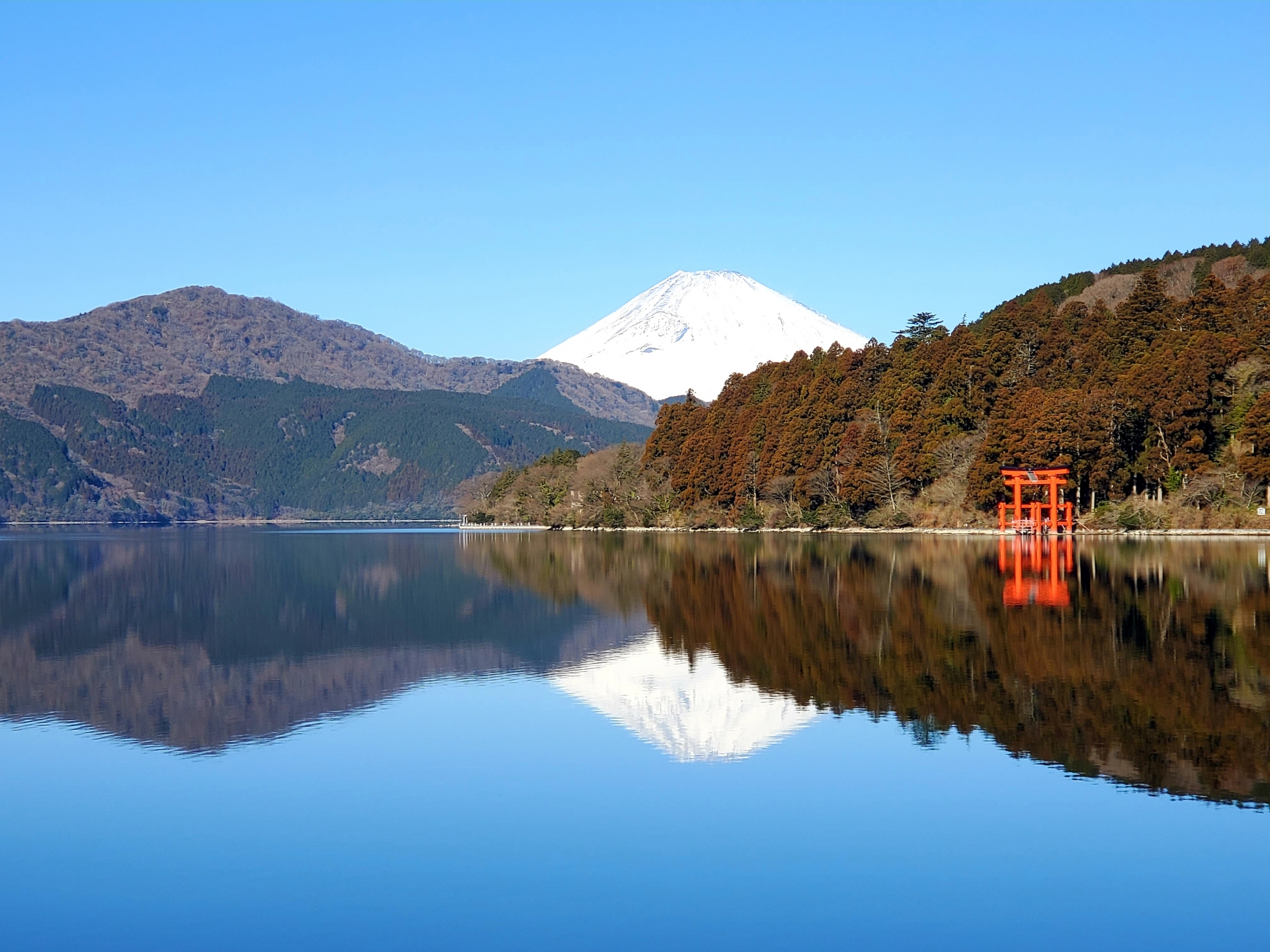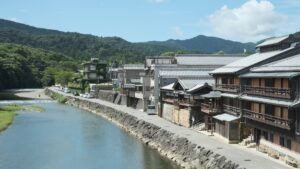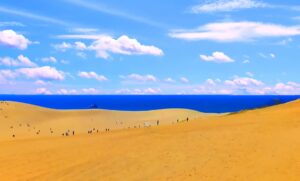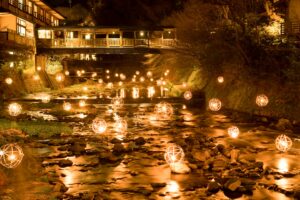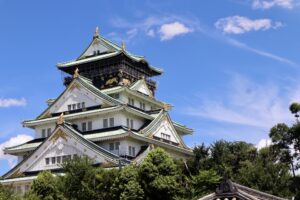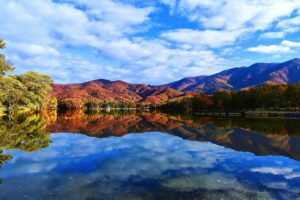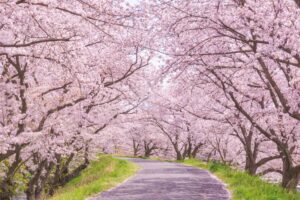Hakone, a beloved destination in Japan, is famed for its breathtaking landscapes, soothing hot springs, and rich cultural heritage. This guide will help you make the most of your visit, whether you’re seeking relaxation in an onsen, adventure on the hiking trails, or insight into Japan’s history and culture. Hakone’s unique offerings cater to every type of traveler, ensuring a memorable experience.
Top Attractions in Hakone
Hakone boasts an array of popular attractions that draw visitors from around the world. One of the must-see spots is Lake Ashi, a picturesque crater lake formed by volcanic activity. Visitors can enjoy scenic boat cruises, offering stunning views of Mt. Fuji on clear days. The iconic red torii gate of Hakone Shrine stands at the lake’s edge, making it a prime photo spot. This Shinto shrine, nestled in a forest, provides a serene atmosphere and insight into Japanese spirituality.
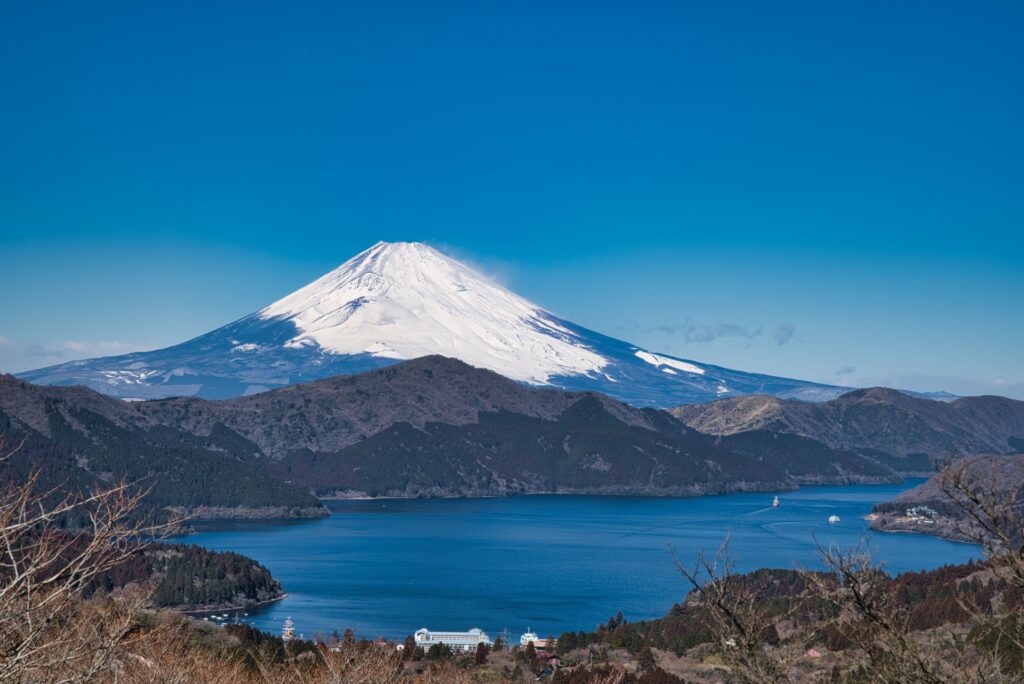
Another highlight is the Owakudani volcanic valley, where visitors can witness the geothermal activity firsthand. The area is known for its hot springs and the sulfuric smell that permeates the air, a reminder of the valley’s volcanic origins. The Hakone Ropeway offers a bird’s-eye view of Owakudani, Lake Ashi, and Mt. Fuji, making it a popular choice for tourists looking to capture the beauty of Hakone from above.
Exploring Hakone’s Hot Springs (Onsen)
Hakone is a haven for hot spring enthusiasts, offering a range of onsen experiences from public bathhouses to private onsen in traditional inns known as ryokans. The mineral-rich waters are believed to have therapeutic properties, making them a popular choice for relaxation and wellness. Visitors should familiarize themselves with onsen etiquette, such as thoroughly washing before entering the baths and maintaining quiet to respect other guests’ experiences.
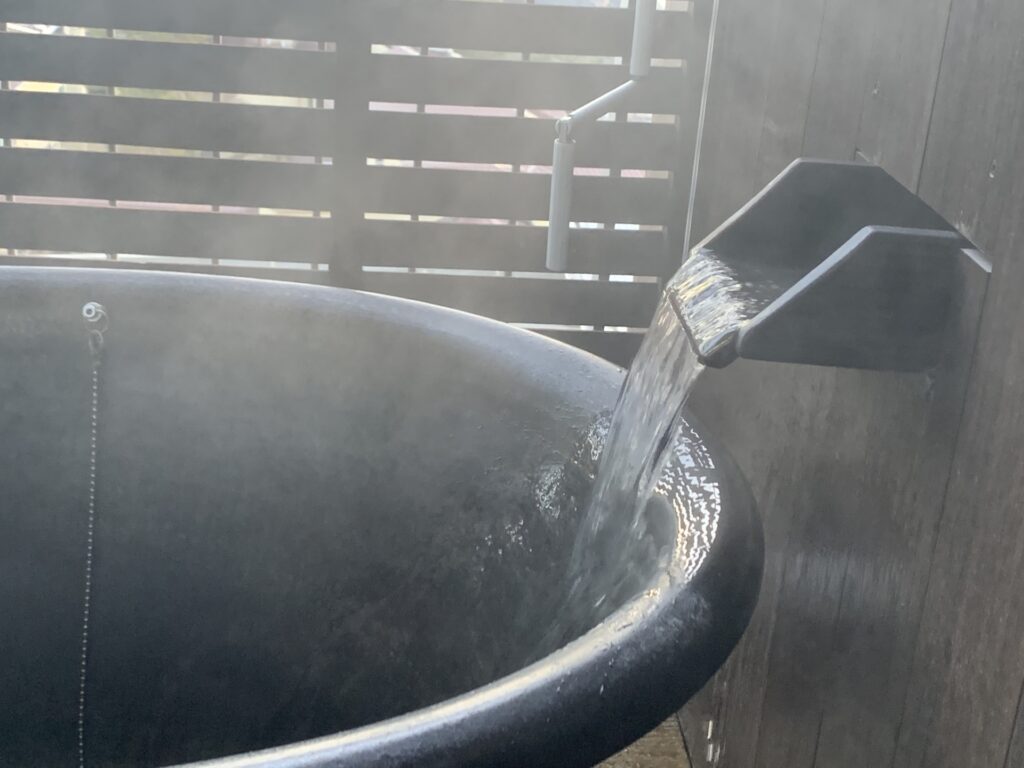
Whether you choose a luxurious ryokan with a private onsen or a public bathhouse with outdoor views, the hot springs of Hakone provide a quintessential Japanese experience. They are especially delightful during colder months, where the contrast between the cool air and the hot water creates a soothing environment.
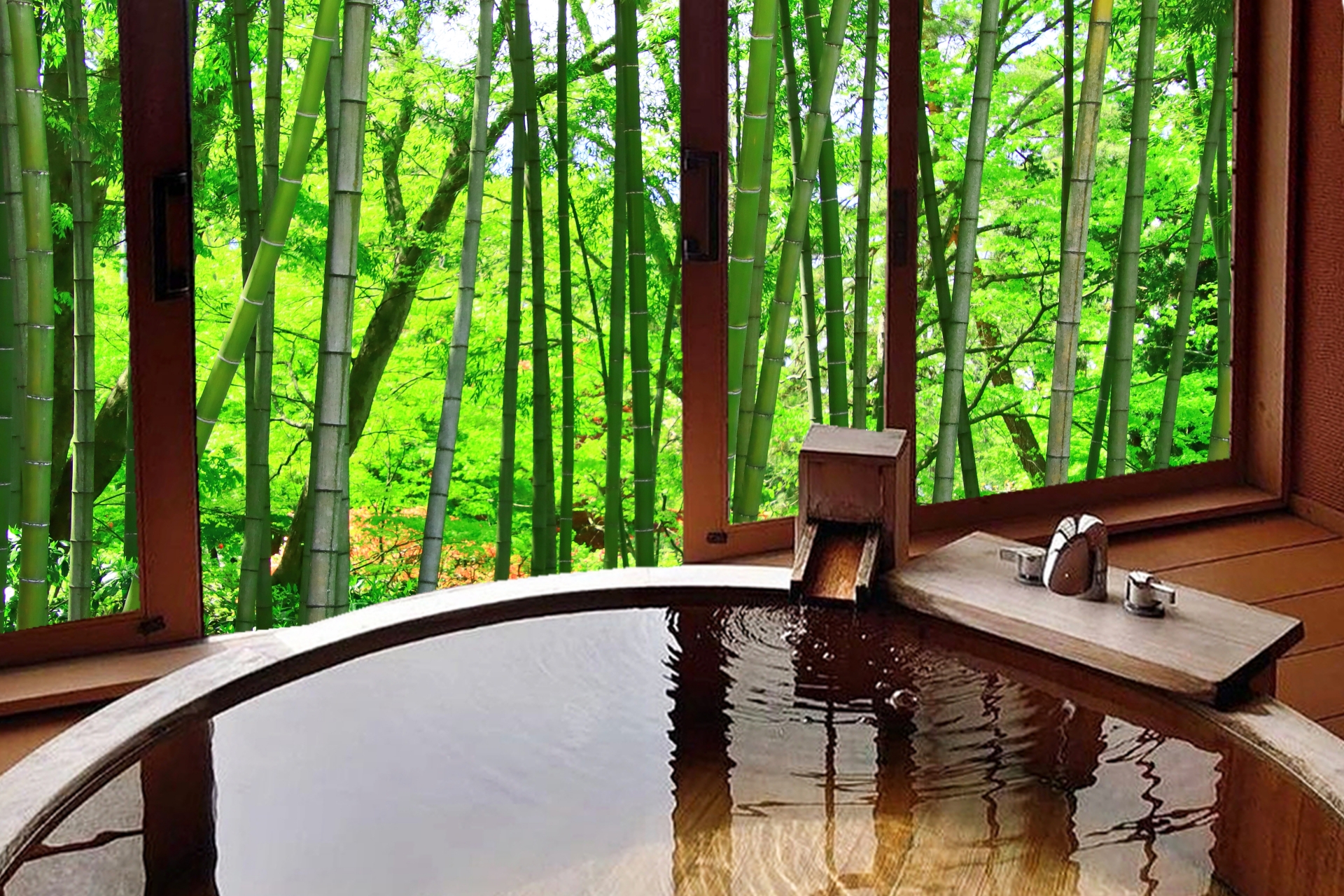
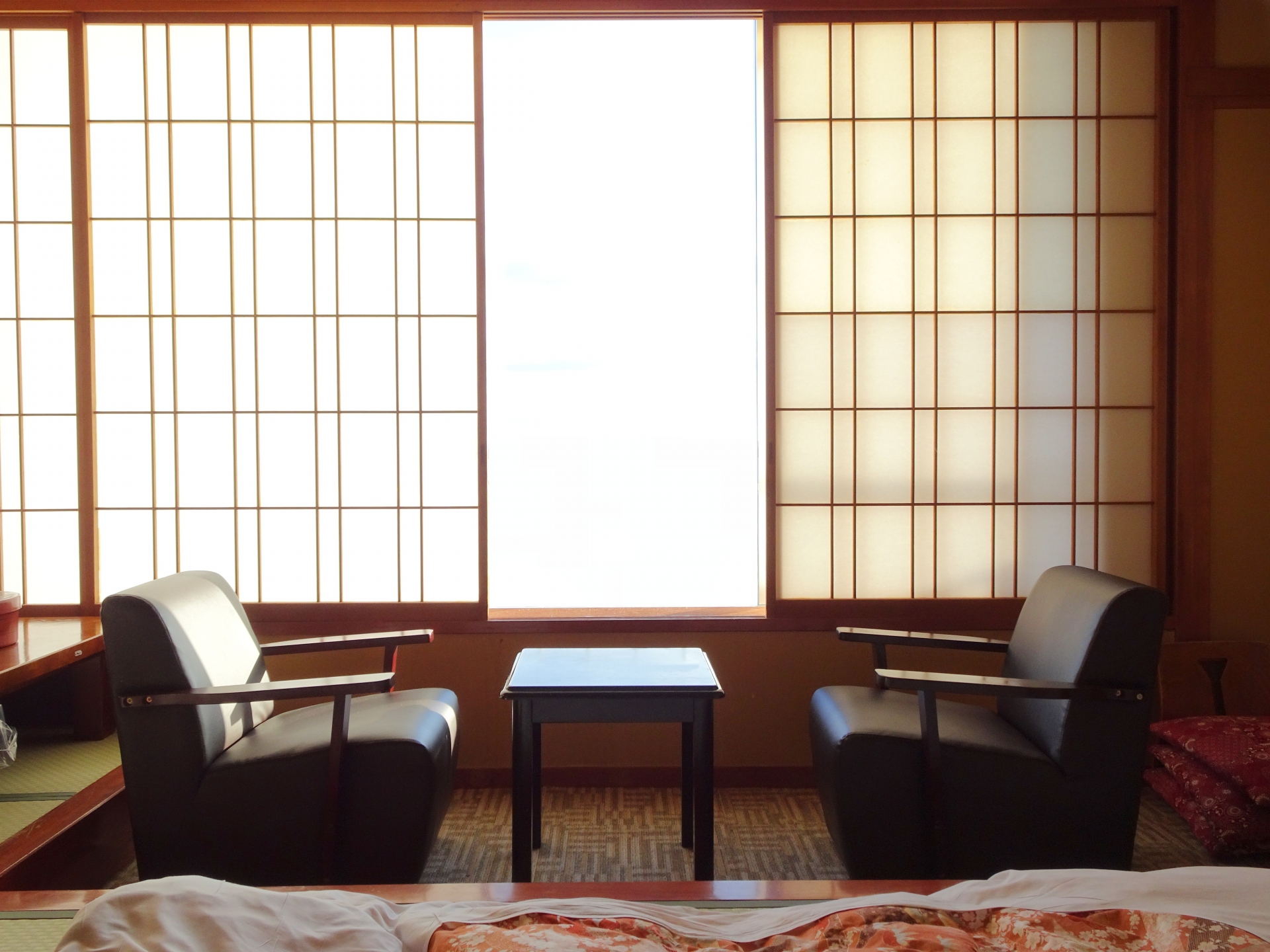
Recommended Onsen in Hakone
Some of the top-rated hot springs in Hakone include Yunessun Spa Resort, which offers a mix of traditional onsen and fun-themed baths, perfect for families. Tenzan Onsen is renowned for its beautiful outdoor baths and tranquil setting, ideal for those seeking a more traditional and peaceful atmosphere. For luxury seekers, Gora Kadan, a former imperial villa turned ryokan, offers private onsen experiences with exquisite service and stunning views of the surrounding mountains.
How to Get to Hakone
Getting to Hakone from Tokyo is straightforward, with several convenient options. The most popular is the Odakyu Romancecar, a direct train that runs from Shinjuku Station to Hakone-Yumoto Station in about 85 minutes. Alternatively, travelers can take the JR Tokaido Shinkansen to Odawara Station and transfer to a local train. For those preferring bus travel, there are direct buses from Tokyo to Hakone, providing another scenic route.
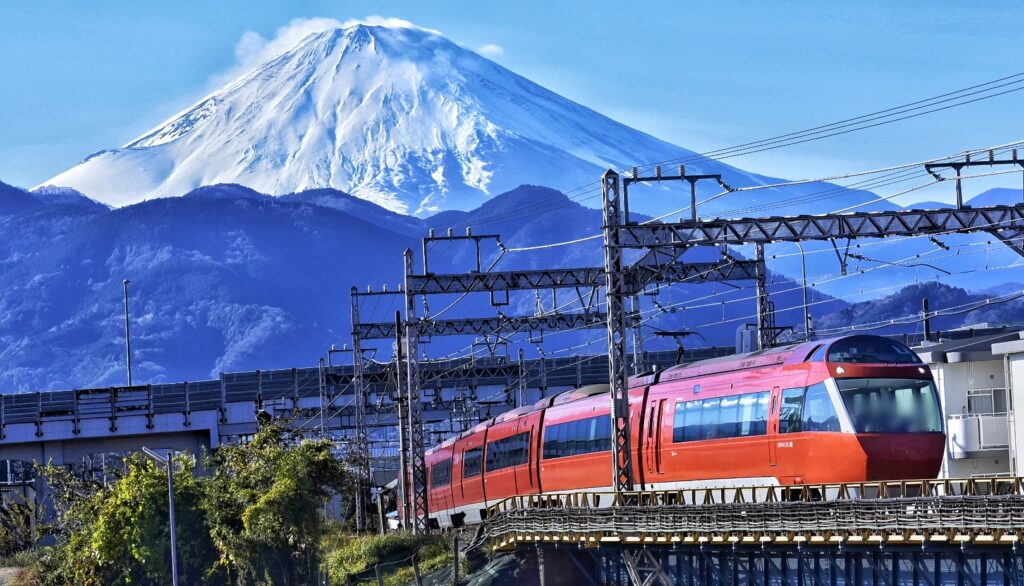
The Hakone Free Pass is highly recommended for visitors, as it covers round-trip transportation from Tokyo and unlimited use of buses, trains, boats, and cable cars within Hakone. This pass offers convenience and savings, making it an excellent choice for tourists planning to explore multiple attractions.
Cultural and Historical Experiences in Hakone
Hakone’s cultural heritage is rich and varied, with numerous sites offering a glimpse into Japan’s past. The Hakone Checkpoint, a historical site from the Edo period, gives insight into Japan’s feudal era and its control measures for travelers. The Hakone Open-Air Museum combines art and nature, featuring sculptures in a picturesque outdoor setting, along with exhibits of renowned artists such as Picasso.
Cultural experiences in Hakone extend to traditional tea ceremonies, which visitors can partake in at various tea houses, providing an authentic taste of Japanese hospitality and customs. Engaging in these activities not only enriches the travel experience but also deepens the understanding of Japan’s cultural fabric.
Best Time to Visit Hakone
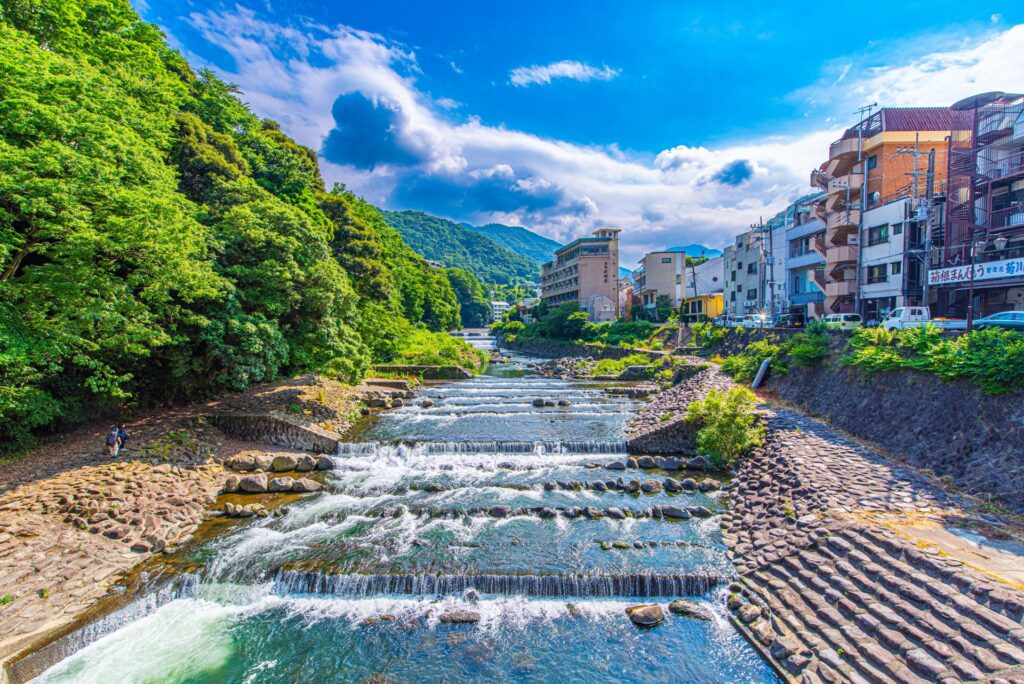
Hakone is a year-round destination, with each season offering its unique appeal. Spring brings cherry blossoms, creating a scenic backdrop around Lake Ashi and various gardens. Summer is perfect for hiking and enjoying the lush greenery, while autumn offers vibrant foliage that paints the mountains in shades of red and gold. Winter visitors can experience the beauty of snow-capped landscapes and the luxury of soaking in hot springs while surrounded by snow.
Tips for Saving Money and Traveling Smart in Hakone
To make the most of your Hakone visit without overspending, consider using the Hakone Free Pass, which provides access to transportation and discounts on various attractions. Booking accommodations in advance can also help secure better rates, especially during peak travel seasons. Additionally, visiting on weekdays or off-peak times can reduce crowds and enhance your overall experience.
Hakone’s Local Cuisine and Dining Experiences
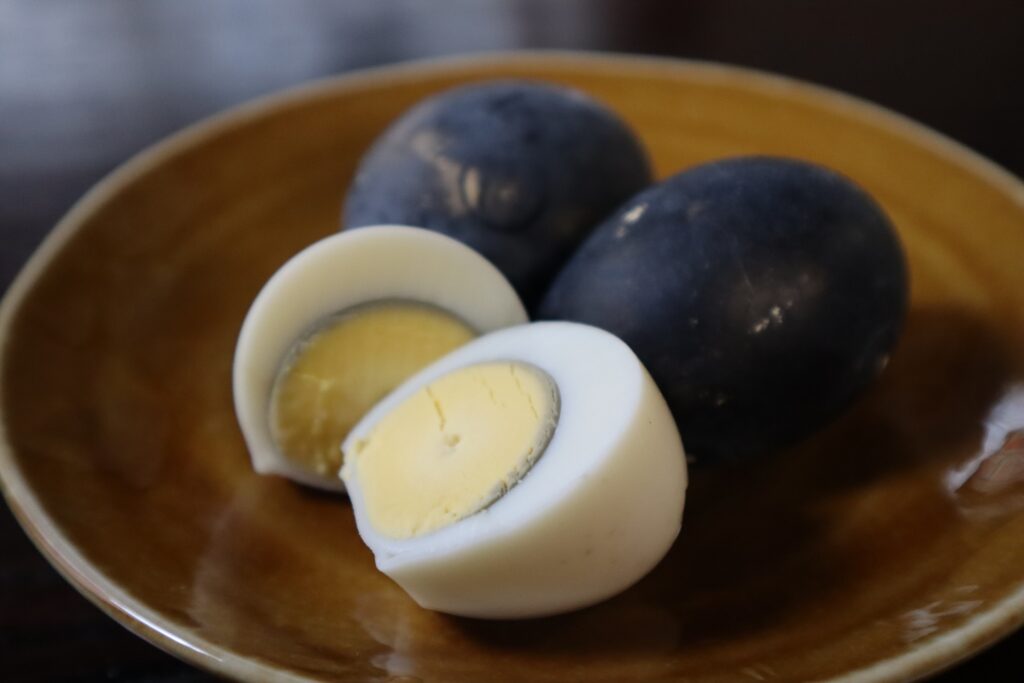
Hakone’s culinary scene is a delight for food lovers, offering a variety of local and regional Japanese dishes. Specialty dishes include yuba (tofu skin), soba noodles, and fresh sashimi. Many ryokans serve kaiseki, a traditional multi-course meal that showcases seasonal ingredients and meticulous preparation. Street food, such as black eggs boiled in Owakudani’s hot springs, is a unique local snack believed to extend one’s life by seven years.
Conclusion
Hakone provides a rich tapestry of experiences that cater to all kinds of travelers. From its scenic lakes and therapeutic hot springs to its historical sites and cultural experiences, Hakone is a destination that promises relaxation, adventure, and insight into Japanese culture. Plan your visit wisely to make the most of this beautiful region, ensuring a memorable and enriching journey.

